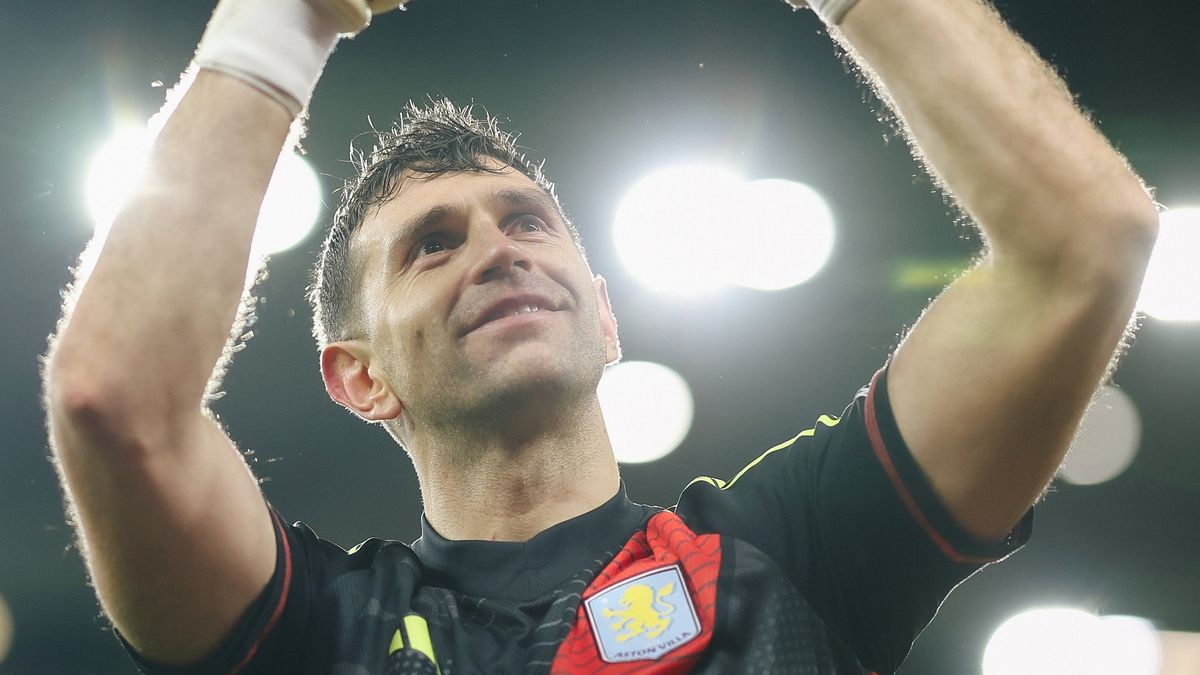After the terrorist attack in Solingen, the federal government quickly presented a security package. This is now available as a draft law. Its discussion in parliament should also proceed quickly.
The traffic light coalition is stepping up its pace with its package of measures for more security in Germany. A good week after its announcement, a draft law has been presented. “We have delivered,” said Federal Minister of the Interior Nancy Faeser (SPD) to the German Press Agency in Berlin. “We are providing more protection against Islamist terror, stricter deportations of violent offenders, knife bans and facial recognition of criminals.”
Federal Justice Minister Marco Buschmann (FDP) believes that the first discussion in the Bundestag could take place as early as next week. “It is now up to parliament to get everything underway quickly,” he said. “I continue to advocate for a high speed.” In recent days, work has been underway at full speed to implement the security package quickly. “It was a lot of hard work. But it was worth it.”
With the security package, the Federal Government is responding to the Islamist-motivated terrorist attack in Solingen that left three people dead and eight injured.
Union calls for further steps
The CDU/CSU opposition had already made it clear when presenting the security package at the end of August that it did not consider the measures proposed in it to be sufficient. Another migration discussion between the federal government, the opposition and the states is planned for next Tuesday. CDU leader Friedrich Merz, however, demands that the federal government agree to border controls and the rejection of refugees at the borders as a prerequisite for the Union’s participation.
“The traffic light coalition must be prepared to close the German borders to irregular migration,” stressed CDU executive committee member Jens Spahn. “Without such a commitment, further talks make no sense,” he told the “Neue Osnabrücker Zeitung”
Steinmeier calls on parties to be willing to compromise
With a view to this potentially decisive week for the migration consultations, Federal President Frank-Walter Steinmeier called on all parties involved to be willing to compromise. He said in Berlin that he was following the ongoing migration talks with the expectation of an agreement between the government and the largest opposition party.
“I am convinced that it is up to the parties of the democratic center to develop solutions to questions that concern many citizens,” stressed Steinmeier. “It requires a nationwide effort – across party lines and government levels.”
Chancellor Olaf Scholz stressed that the traffic light coalition would not cause the migration talks with the opposition and the states to fail. “It won’t be our fault if it doesn’t work,” said the SPD politician at a public meeting in his constituency in Teltow, Brandenburg. “I hope it works because it would be good for society and peace.”
Security package contains bundle of measures
Among other things, the traffic light government wants to cut benefits for asylum seekers whose procedures are the responsibility of another European state that agrees to take the person back. It wants to make it easier to deport refugees who have committed a crime with a weapon or other dangerous tool. Migrants who commit crimes should be more easily excluded from protection in Germany. Anyone who returns to their home country without a valid reason, for example for a holiday, should also lose their protection status.
To increase safety, it is planned to further restrict the use of knives in public spaces. A general knife ban is to apply on long-distance bus and train travel, at folk festivals and other large events. There is also to be a ban on switchblades – with exceptions for hunters, for example.
It is also planned to expand the powers of the security authorities in the fight against Islamism. In future, investigative authorities will be able to biometrically compare publicly available images with photos of suspects or wanted persons. This facial recognition should make it easier to identify wanted persons.
Introduction of the bill by parliamentary groups
The draft bill was sent to the three traffic light parliamentary groups as a drafting aid. They usually adopt such drafting aids and then submit them to the Bundestag as their own draft bill. Sometimes, however, they make changes beforehand. This route is chosen to speed up the process. According to the Basic Law, proposals from the federal government must first be submitted to the Bundesrat. This step is not necessary for proposals from parliamentary groups.
Source: Stern
I have been working in the news industry for over 6 years, first as a reporter and now as an editor. I have covered politics extensively, and my work has appeared in major newspapers and online news outlets around the world. In addition to my writing, I also contribute regularly to 24 Hours World.




